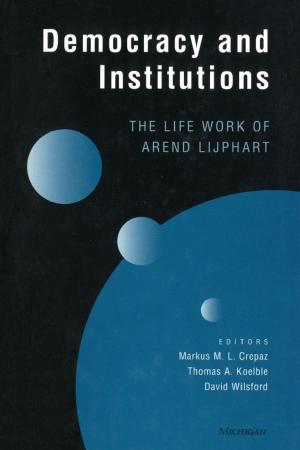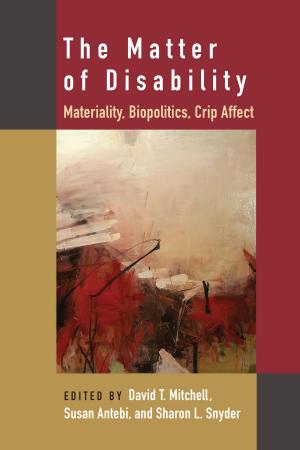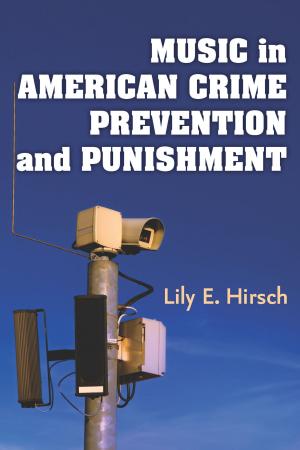Triumph of the Fatherland
German Unification and the Marginalization of Women
Nonfiction, Social & Cultural Studies, Social Science, Cultural Studies, Ethnic Studies, Political Science, History| Author: | Brigitte F. Young | ISBN: | 9780472022670 |
| Publisher: | University of Michigan Press | Publication: | May 6, 2010 |
| Imprint: | University of Michigan Press | Language: | English |
| Author: | Brigitte F. Young |
| ISBN: | 9780472022670 |
| Publisher: | University of Michigan Press |
| Publication: | May 6, 2010 |
| Imprint: | University of Michigan Press |
| Language: | English |
The East German uprising of 1989 was not a male revolution. Indeed, one of the most significant aspects of the fall of East Germany, compared to that of other East European nations, was the presence of women demanding a political role in the newly emerging social order. As one slogan proclaimed, "Without Women There Is No State."
Yet despite the determination of these women--and of West German feminist groups--to help shape the future of the German state, their influence remained, in the end, very limited. In Triumph of the Fatherland, political scientist Brigitte Young draws on in-depth interviews, archival sources, newspapers, and her own observations from 1989 to 1991 to study the goals, strategies, and eventual fate of the German women's movements during this tumultuous period.
Young focuses on the relationship between the state and its citizenry, outlining the mobilization of women in four states: the East German and West German states before unification; the "stateless state" in East Germany after the collapse of the Wall, and the West German state during unification. Ultimately she finds that the political opportunity structures opened during the "stateless state" closed again with unification, resulting in what Young calls "double gender marginalization."
Brigitte Young is Associate Professor, Department of Political Science, Otto-Suhr-Institute, Free University Berlin, Germany.
The East German uprising of 1989 was not a male revolution. Indeed, one of the most significant aspects of the fall of East Germany, compared to that of other East European nations, was the presence of women demanding a political role in the newly emerging social order. As one slogan proclaimed, "Without Women There Is No State."
Yet despite the determination of these women--and of West German feminist groups--to help shape the future of the German state, their influence remained, in the end, very limited. In Triumph of the Fatherland, political scientist Brigitte Young draws on in-depth interviews, archival sources, newspapers, and her own observations from 1989 to 1991 to study the goals, strategies, and eventual fate of the German women's movements during this tumultuous period.
Young focuses on the relationship between the state and its citizenry, outlining the mobilization of women in four states: the East German and West German states before unification; the "stateless state" in East Germany after the collapse of the Wall, and the West German state during unification. Ultimately she finds that the political opportunity structures opened during the "stateless state" closed again with unification, resulting in what Young calls "double gender marginalization."
Brigitte Young is Associate Professor, Department of Political Science, Otto-Suhr-Institute, Free University Berlin, Germany.















